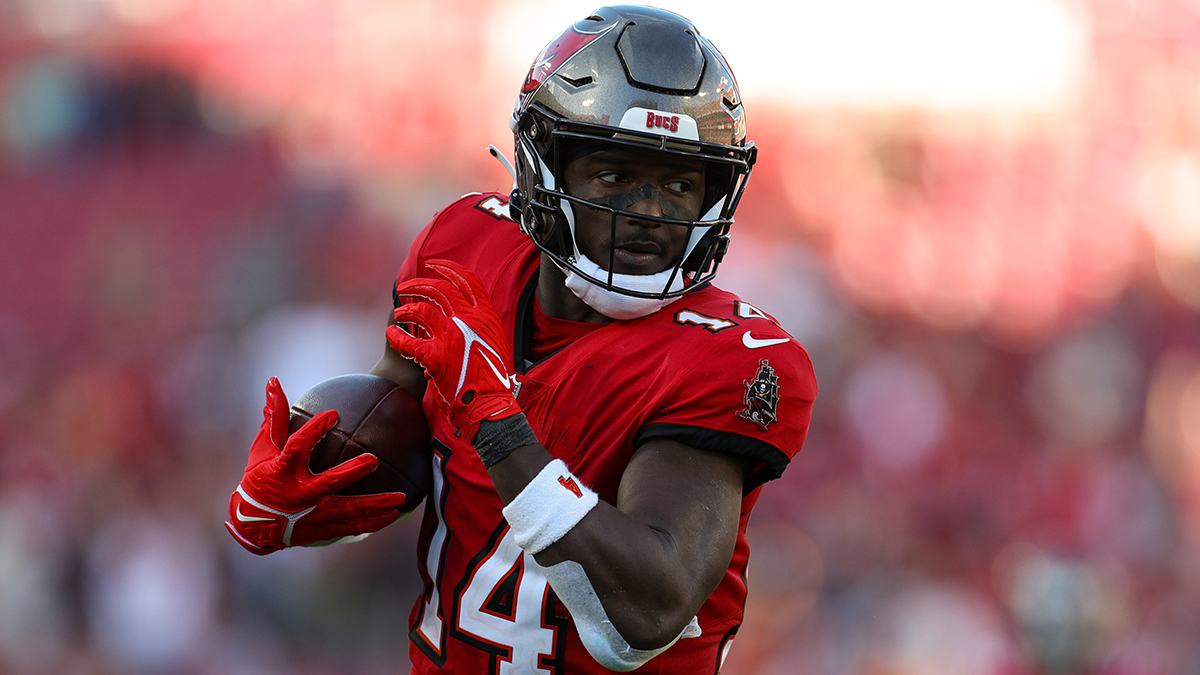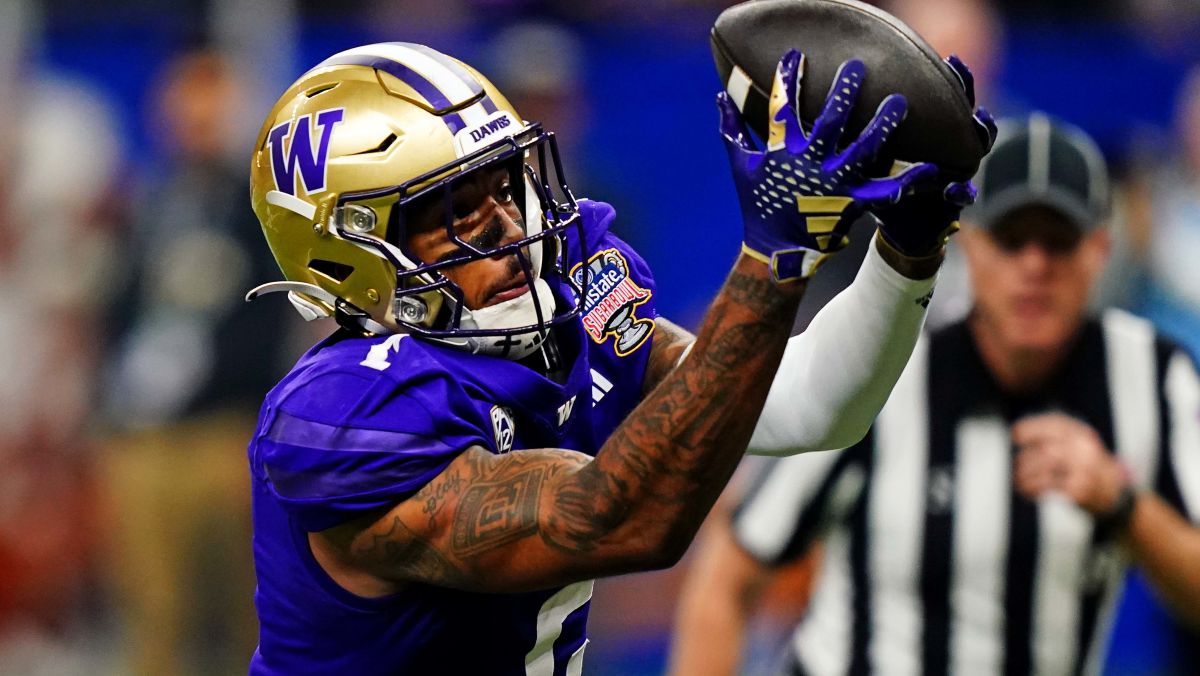CANTON, Ohio – I can still hear the sound of Bill Polian’s fist slamming and feet stomping in the Gillette Stadium press box.
It was Sunday, January 19, 2004, and even though the Patriots had completely outplayed Polian’s Colts, Indy still had a chance, down 21-14 with two minutes left and in possession.
All game, the combustible GM railed about the rough stuff from the Patriots defensive backs, Ty Law in particular who – on one occasion – flung Colts wideout Marvin Harrison out of bounds during a route.
But it was two bludgeonings of Marcus Pollard that caused Polian to go Krakatoa.
On third-and-10, Pollard was grabbed by Willie McGinest then whacked downfield by linebacker Roman Phifer. On fourth-and-10, McGinest got around Pollard’s neck and Phifer yanked Pollard as the ball was arriving.
In the second row of the press box, Polian blew a gasket. We looked, we smirked, we returned to our work. We didn’t know that that was the moment when the NFL as we knew it was about to change.
New England Patriots
Within 70 days, Polian – a persuasive member of the NFL’s Competition Committee – and Competition Committee co-chair Jeff Fisher (the Tennessee Titans head coach) made sure the Patriots (or any other physical secondary) wasn’t going to whack receivers around on their watch anymore.
At the 2004 league meeting, a rules emphasis/crackdown on downfield contact past 5 yards would be enacted. Additionally, pass interference – especially defensive pass interference – was going to be strictly enforced.
Polian and Fisher just happened to be part of the two AFC teams the Patriots beat en route to Super Bowl 38.
They were just giddy about their work.
"Everyone felt that defensive backs have been allowed to get away with more things the last couple of seasons," Fisher said at the time. "You see it on go routes where a cornerback grabs a receiver as he goes downfield. The defensive back is not supposed to materially affect the receiver's progress. If he's grabbed, he's materially affected."
Bill Belichick smelled a rat.
"I don't really understand what we're trying to do," Belichick said. "We sat in there and watched all the film. All the coaches were in there. When you put the films on and they say, `Here's a violation.' Clearly, it's a violation. No problem. Then they put [other] films on and say, `This is a violation.' What did the guy do wrong? What do you want him to do?
"What is the violation? `Well, he can't do this and he can't do that.' You've got a [referee] 25 yards away trying to determine that? The guy who stands 25 yards away on the sidelines? I think [head of officials] Mike [Pereira] should explain that one to you, because he obviously understands it a lot better than I do.
"The language in the rules hasn't changed, but something else has. I'm not really sure what that is. Every year they liberalize offensive holding. That's been liberalized for the last 20 years. There are always different points of emphasis."
Law picked Peyton Manning three times in that 2003 AFCCG. And it wasn’t like he tried to say the treatment of Harrison wasn’t that bad. “This was probably the most simple game plan we had,” Law said after the game. “Just beat them up.”
As a result, the crackdown came to be known as the Ty Law Rule.
Saturday night, Law will be officially enshrined in the Pro Football Hall of Fame. He’ll join Polian, Marvin Harrison and Colts head coach Tony Dungy – a member of the subcommittee that recommended the crackdown (Rams head coach Mike Martz was on that subcommittee as well). Manning will go in as soon as he’s eligible.
If you hit Polian with the truth serum, you can bet he’d testify that the Colts were mugged out of a chance to play in the Super Bowl that year and that – if the rules had been enforced as written – Ty Law would not have had a game for the ages.
But Law holds no bitterness. He didn’t take the change as an effort to delegitimize his style.
“I didn’t take it personally,” he said. “I took it as a compliment. I don’t know how they got it in the rule book as far as ‘Rule 6.18’ or whatever but they want to call it the Ty Law Rule? Really? I like that. That feels good. Not gonna lie.”
While Law was the man associated with ushering in the crackdown, the initial rule banning contact with receivers after they’d progressed more than 5 yards downfield was called the Mel Blount Rule. It was enacted after the 1977 season when the Steelers were at the height of their powers.
Blount, the Steelers powerful, 6-foot-3 corner was a play-in-any-era kind of player and he just bodied wideouts all over the place. The driving force behind enacting the rule was – not coincidentally – a member of the Competition Committee who also had an ongoing rivalry with Pittsburgh, Dolphins head coach Don Shula.
Shula got his more liberal passing game. Within six years, he’d have the most prolific passer in NFL history, Dan Marino, playing for him. But he’d never win another Super Bowl.
Polian got his more prolific passing game as well. Manning threw for a then-record 49 touchdowns in 2004. But when the Colts again met the Patriots in the playoffs, the result was even worse. A 20-3 defeat in the Divisional Playoff round.
A week earlier, Manning had thrown for 458 and four touchdowns against Denver in a 49-24 win. I don’t know if there’s ever been a more satisfying win for a New England franchise than that one.
“It was very satisfying,” said Law. “There’s nothing you could do and there was no rule you could implement that was going to keep us from our goal of winning a championship.
“We know how to adapt,” he added. “You think about the New England Patriots and how we’ve played, we always make adjustments. We always adapt. So when you make an adjustment to a rule to change it for the whole league, well guess what? We’re gonna adapt to that too. That was nothing but another halftime adjustment for us.”
Click here to download the new MyTeams App by NBC Sports! Receive comprehensive coverage of your teams and stream the Celtics easily on your device.


